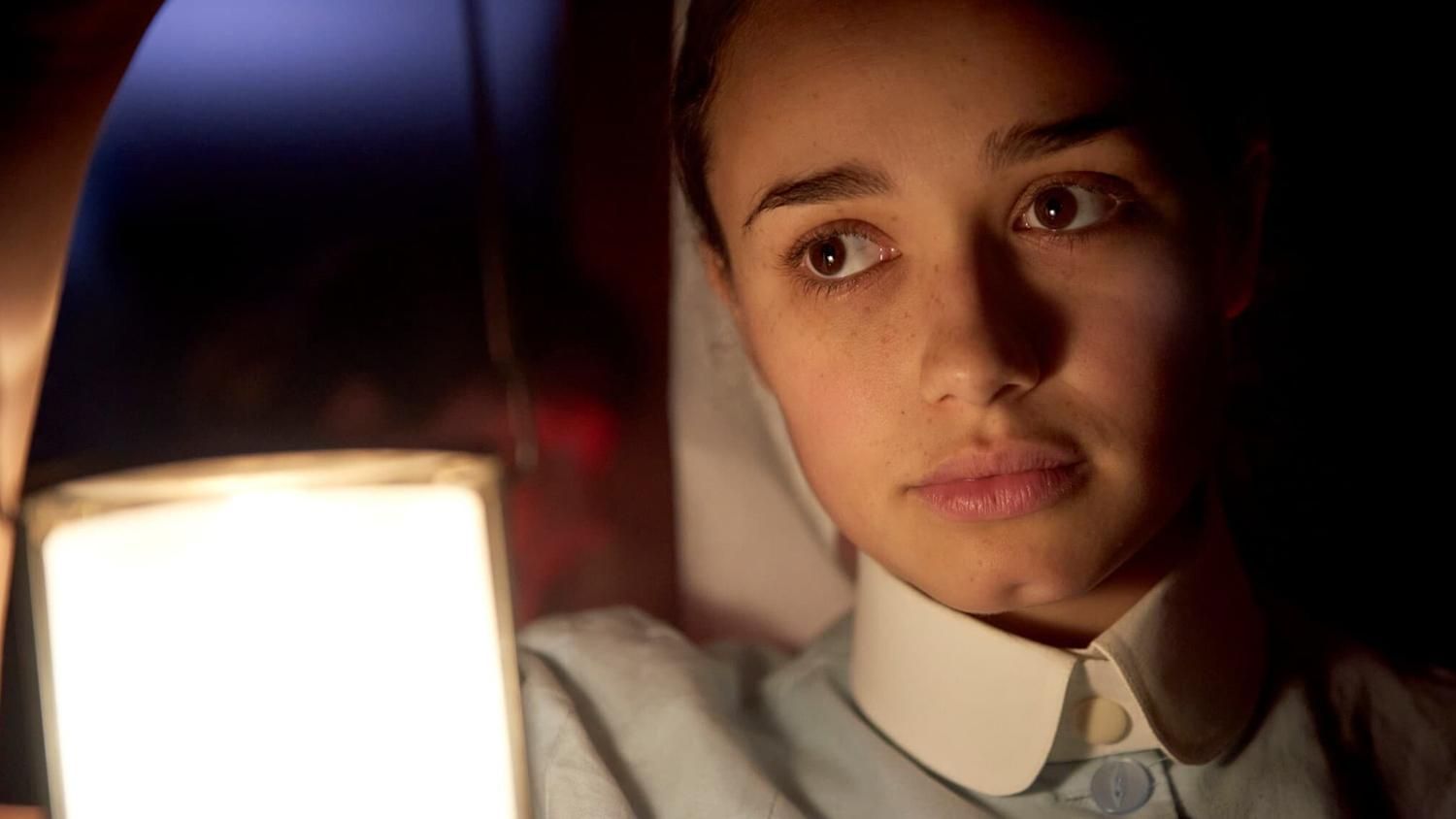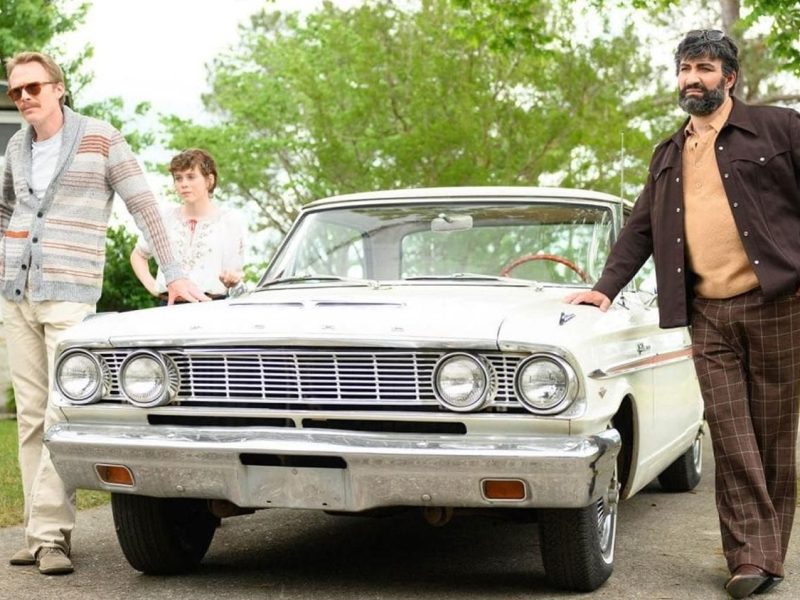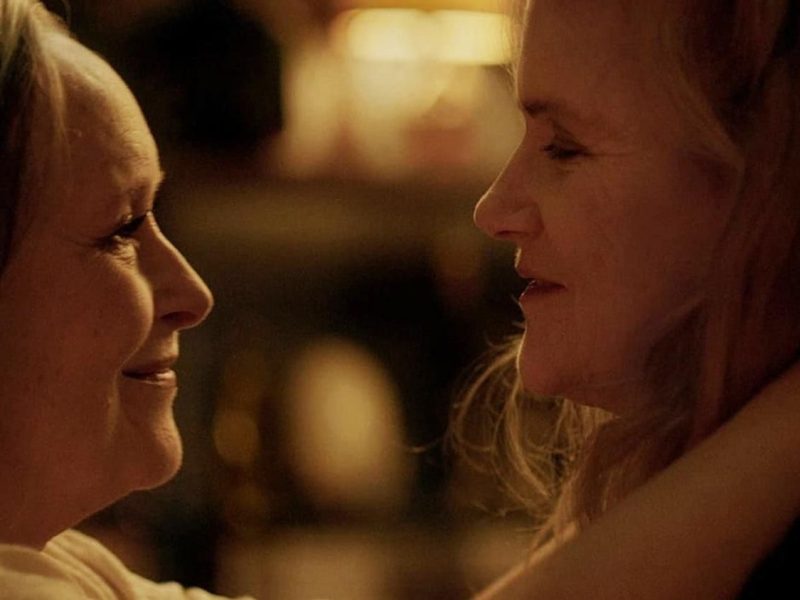The Power Review
The 1970s were a decade that was characterized by tensions in the political and civil spheres which culminated in The Winter of Discontent, so there was no better place to set the ghost story of rage against the injustices of the day that remain very evident even today.
Writer-director Corinna Faith borrows her inspirations of The Woman In Black and The Others by evoking the feminine spirit in an undiscovered location – a private hospital in the slums located in East London with many a darkened corridor to lose yourself down. There's a real-life feel to the medical background: West Indian, Irish and working class women, played by Diveen H. Henry, Nuala McGowan Gbemisola Ikumelo and Emma Rigby as well as Emma Rigby, make the nursing staff, while doctors are of course white, upper-class white men. The period-inspired texture is enhanced by the costumes and design that enhance the mysterious setting that Williams is enticed into when she seeks out reasons for the mysterious presence of a female patient is making destruction on the children's hospital and is focusing her attention on her specifically.
The horror simmers and is not as hot as the feminist message that burns.
The more Val is aware of the history of the hospital and her unfriendly colleagues as she gets suffering from the spectral adversity that has caused her mental condition to degrade. Williams recognizes this decension effectively as she swings her limbs in a frenzied manner and gazes at her eyes with a sunken expression to perform an ever more disturbing physical performance.
The film definitely has the elements needed for a terrifying ghost story. It also makes clever choices in the use of visuals and special effects to create the terrifying threat. But the sharper editing and more efficient camerawork could have enabled the horror to simmer and create some truly frightening outcomes. Instead, the terror simmers, as opposed to the feminist message which truly rages. Hell has no fury as the scorn of a woman, as well.


